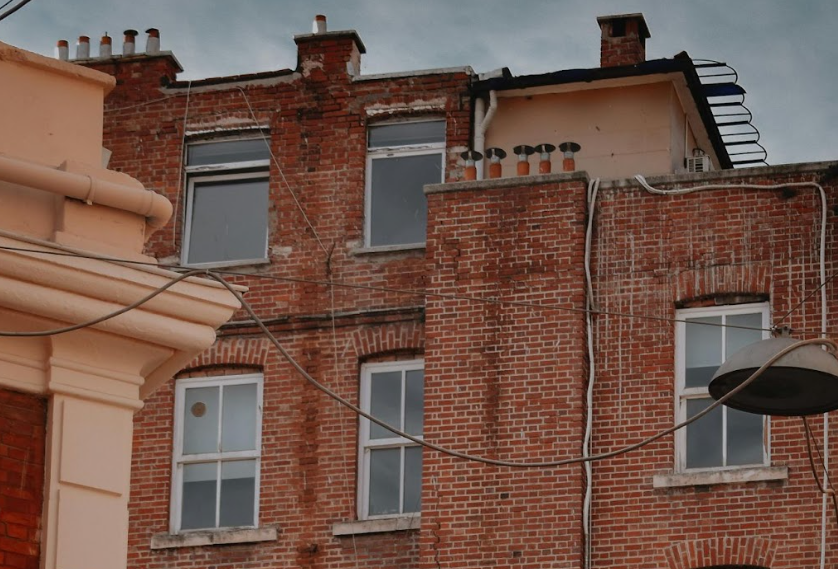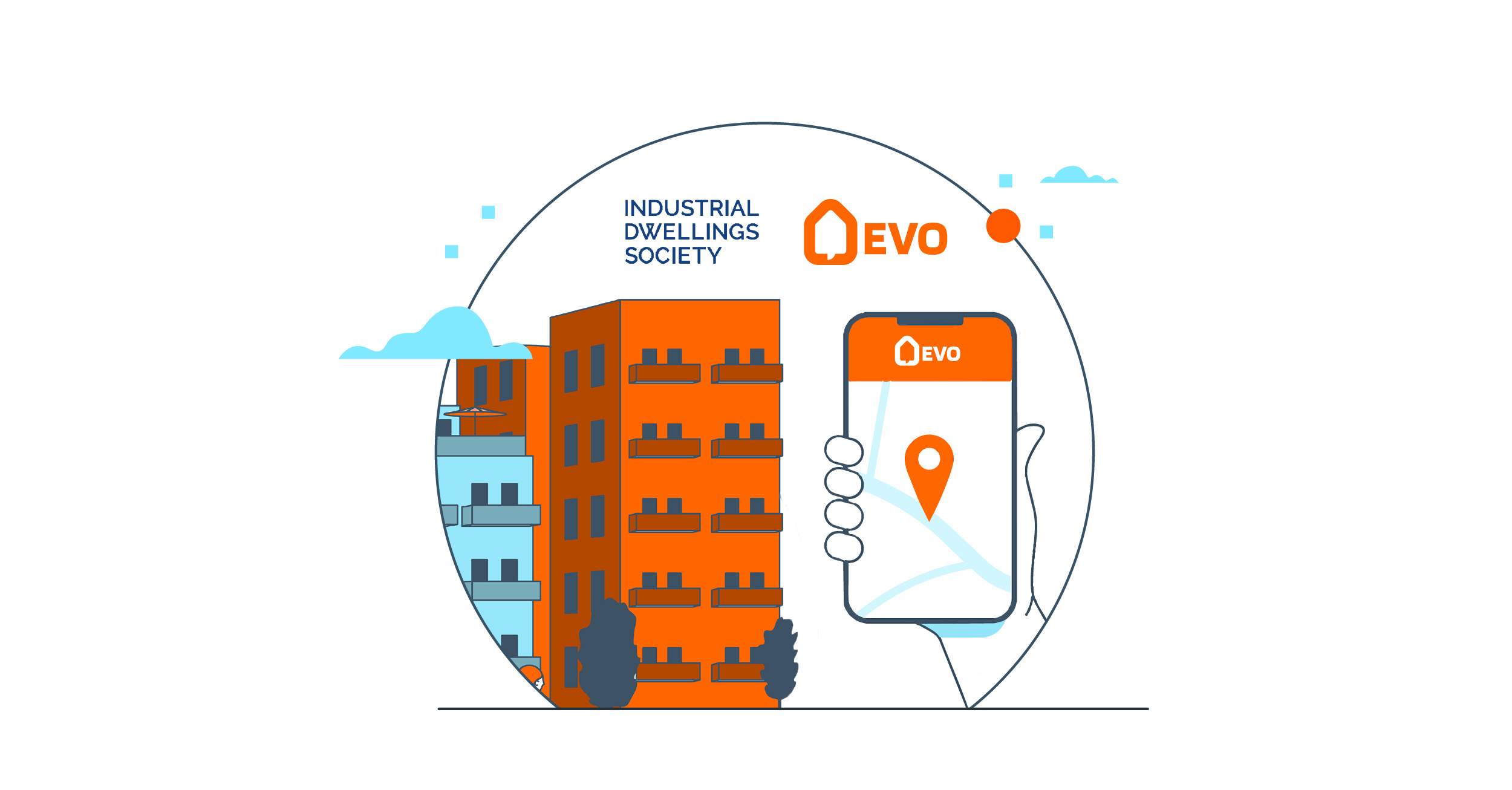
|
Highlights
|
What Is a Building Regulations Compliance Certificate?

Building Regulations help ensure the safety of the tenants living in your properties. Among the many things they govern is the installation of new heat-producing appliances in England and Wales.
This includes gas appliances. Each year, people fall ill or die from carbon monoxide poisoning caused by poorly installed or maintained gas appliances.
By acquiring a Gas Safe Building Compliance Regulations Certificate, housing providers can prove that new appliances have been installed correctly.
It is often confused with a Gas Safety Certificate. Both involve gas safety, but they fulfil different regulations and have different requirements.
In short, the main differences are:
-
A Gas Safety Certificate is an annual check that appliances are safe. These are only needed for rental properties.
-
A Gas Safe Building Compliance Certificate confirms that new gas installation meets building regulations. These are required for all new or modified heating systems in domestic properties.
We’ll explain more about annual gas safety checks later in this article.
What Falls Under Building Regulations?

Building Regulations are safety standards dealing with the technical and construction details applicable to all buildings in the UK.
The Building Regulations cover the property’s technical aspects, including:
|
A: Structure B: Fire Safety Regulations C: Site preparation and resistance to contaminants and moisture D: Toxic substances E: Resistance to the passage of sound F: Ventilation Regulations G: Sanitation, hot water safety, and water efficiency H: Drainage and waste disposal J: Combustion appliances and fuel storage systems K: Protection from falling, collision, and impact L: Conservation of fuel and power M: Access to and use of buildings P: Electrical safety (dwellings) Q: Security (dwellings) R: Physical infrastructure for high-speed electronic communications networks (dwellings) |
Gas installations must comply with Gas Safety Installation and Use Regulations (GSIUR).
Any new heating system must also satisfy the design and energy efficiency standards specified in the Building Services Compliance guide.
As a landlord, you must ensure that your properties adhere to these regulations. This involves following this process:
-
The housing provider hires a Gas Safe registered engineer to carry out the installation.
-
The Gas Safe engineer informs Gas Safe about the change. Gas Safe then has 30 days to notify the local authority of the installation.
-
The Gas Safe Register issues the Building Regulations Compliance Certificate to the landlord on behalf of the local authority, proving the installation is safe. This usually takes 10–15 days.
A third-party agent, such as the manufacturer, can also notify the local authority’s building control team.
The following gas installations require notification in England and Wales:
-
Gas-fired condensing boiler
-
Non-condensing gas boiler
-
Flue gas heat recovery device with a domestic condensing gas boiler
-
Gas-fired radiant heating system
-
Gas-fired hot water storage system or heater
-
Gas-fired warm air heating system
-
Flue gas cooking range/hot water boiler
Appliances like a new gas cooker do not require a building compliance certificate.

The Gas Safe Register notifies the appropriate local authority building control department.
The Gas Safe Register is a list of approved gas engineers with the necessary skills and qualifications to work on gas appliances.
If you work as a gas installer, it is a legal requirement to notify or register the installation of heat-producing gas appliances and heating and hot water systems with the local authority.
In the case of gas, this can only be done through the Gas Safe Register or one of its third-party partners that has an agreement with the Register.
💡 Regional differencesGas building regulation requirements differ across the UK. This article focuses on the rules in England and Wales. However, landlords with properties in different parts of the UK should check the local requirements.
|
What Are the Gas Safety Installation and Use Regulations (GSIUR)?

The GSIUR deals with installing and maintaining gas appliances (including flues and fittings) in domestic premises.
These regulations require UK landlords to ensure that gas appliances and fittings are safe for tenants to use.
They also apply to anyone who intends to install, service, maintain, or repair gas appliances and other gas fittings.
The replacement, installation, or maintenance of a heating system must be notified to Building Control. Any alterations to an existing gas appliance must also be reported.
You do not need to apply for approval if the work isn’t covered by building regulations.
How to obtain a building regulations certificate

Property owners don’t order Building Regulations Compliance Certificates themselves. Gas Safe notifies the local authority on their behalf and then issues the certificate to the homeowner.
If you require a duplicate Building Regulations Compliance Certificate, you can obtain this by contacting the Gas Safe Register online or calling 0800 408 5500 and choosing option 1.
Duplicate certificates cost £8.10 including VAT. The gas safety certificate costs can vary depending on several factors, including:
-
How many appliances you have on your property.
-
Where you live in the country.
-
How many properties you need to have inspected.
👷 Third-party notificationsIn some cases, manufacturers may handle the notification process on behalf of the engineer. Gas Safe verifies these notifications, but landlords should still confirm they have received the correct compliance certificate. |
What is an Annual Gas Safety Check?

A gas safety check involves a qualified Gas Safe registered engineer visiting the property to inspect all gas appliances, pipework, vents, and flues.
The check confirms that appliances are operating safely and efficiently, that there are no gas leaks, and that ventilation routes are clear and working properly.
If the gas safety engineer is satisfied that everything is safe, they will issue a Gas Safety Certificate (also known as a CP12). This must be renewed annually.
The checks are crucial for meeting legal obligations and for preventing serious risks such as gas leaks, fires, and carbon monoxide poisoning.
The following may also be assessed during a gas safety check:
-
Appliances are working at the correct pressure.
-
Appliances are burning gas properly.
-
Any installations have been done in a safe and suitable way for their location in the building.
-
Flues and chimneys are clear of blockages to enable the safe discharge of gases and fumes.
-
Adequate air supply to all appliances.
-
Ensure that there are no carbon monoxide leaks.
As a landlord, you are required to:
-
Ensure that all gas fittings and flues are maintained in a safe condition and in accordance with the manufacturer’s instructions.
-
Carry out gas appliance checks annually, as the certificate is only valid for one year.
-
Keep a record of the gas safety checks.
-
Issue a copy of the last gas safety record to existing tenants within 28 days after the checks have taken place.
⚠️ Penalties for non-complianceFailing to comply with gas safety and building regulations can lead to enforcement notices being issued by local authorities. In some cases, landlords may even face prosecution. For landlords, this isn’t just a financial risk. Non-compliance could also invalidate insurance, delay sales and lettings, and expose residents to unsafe conditions. |
Take Care of Your Tenants’ Safety with EVO

You can also use online management tools like EVO to obtain the relevant Gas Safe certificate.
EVO is a digital platform that housing providers can outsource all of their repairs and maintenance to.
It can provide you with qualified, vetted gas engineers when using our compliance add-on. They will be able to issue an official landlord gas safety certificate.
It helps ensure compliance with a range of relevant regulations, giving landlords peace of mind.
|
EVO features:
|
Learn more about how EVO works or get in touch with one of our friendly helpdesk members to find out how you can take the hassle out of property management today.
PHOTO BY EVO


